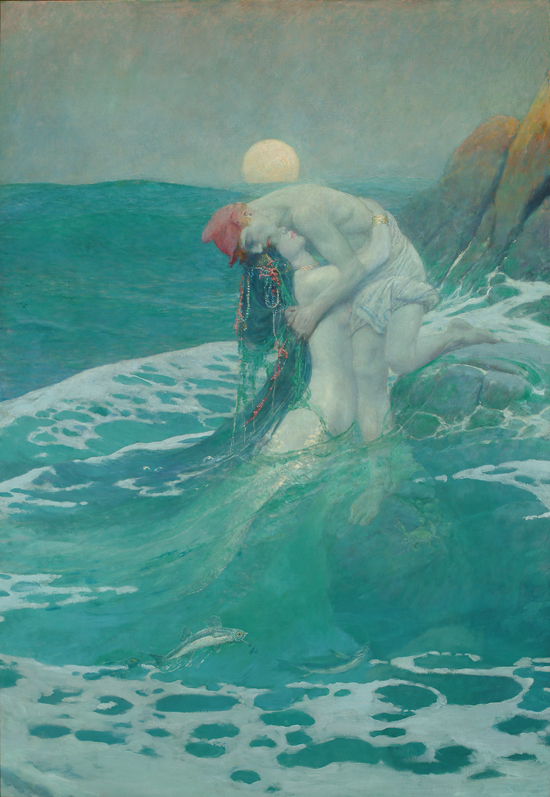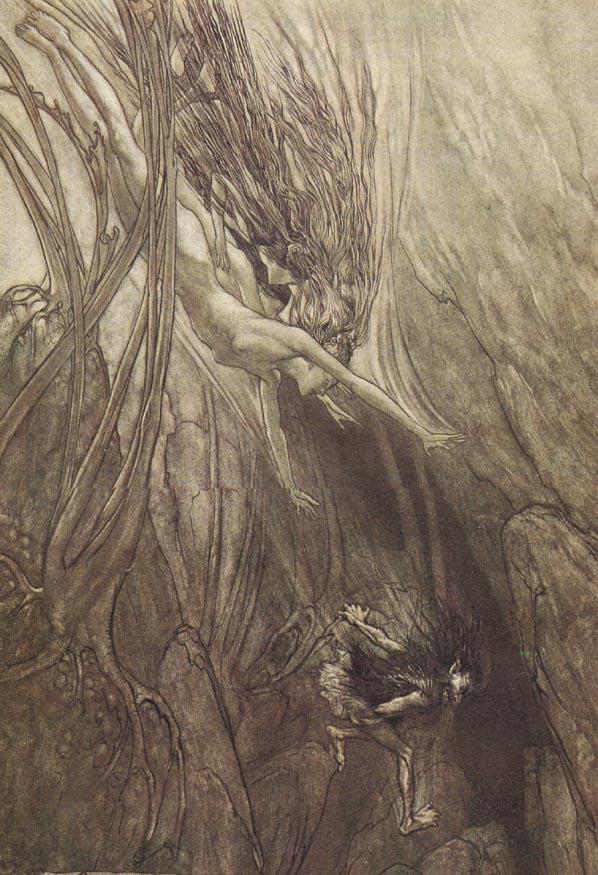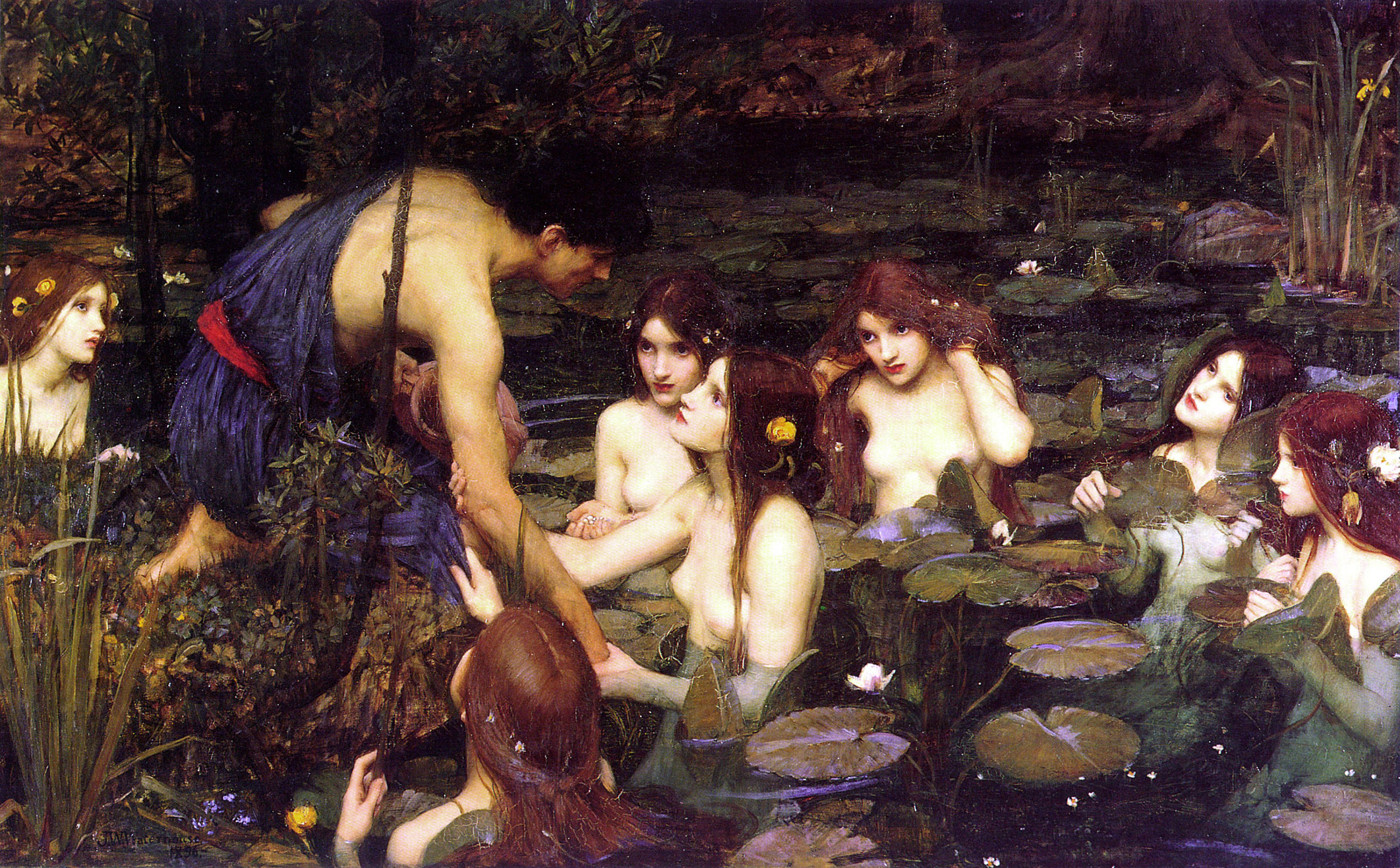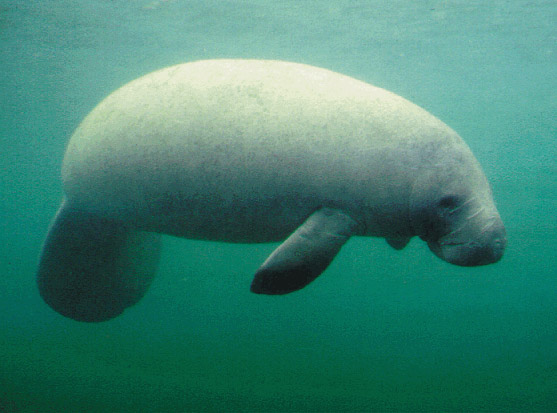This week, The Larkin Lair is going to present you with a special treat*. Every day, leading up to Saturday, I am going to put up a post discussing the things that most inspired me as I began writing my series, Lorelei, Once. Then, on Saturday--which I think we can all agree is the best day of the week--I will post the first chapter from Book 1: Siren.
It seems fitting that we start with the title creature, don't you think?
 |
| "I love -*glub glub glub*" |
That may seem like an overly bold statement to make ("Try Siren Cereal! Nothing compares! Ever!") but think about it: every culture has that creature in the dark--the one that calls out, luring innocent (or not so innocent!) people to their demise. Sometimes the lure is a familiar voice. Sometimes it is a smell, or a light.
In the case of the Ancient Greek sirens (and a few others that I know of), the siren's call was a song.
Particularly, it was the song of Persephone.
See, one of the origin stories for the Greek sirens (being the Greeks, what with their communal authorships and all, there are several different versions) told that the sirens were once the handmaids to Demeter's daughter, Persephone. When Persephone went missing (either kidnapped or seduced or just boot-knocking with Hades), Demeter gave the sirens wings, and commanded them to find her daughter. When they failed (boots be a'knockin'), Demeter cursed them.
Of course, everything turned out okay for Persephone, Hades and Demeter, but the sirens were still cursed. Greek Goddesses don't play.
.jpg) |
| "I'm home! And with no consequences!" |
Of course, some authors ignore this story entirely, and the sirens just happen to be monsters who like tormenting humans. The song THESE sirens sing is all prophet-y, the better to torture sailors with the lives they are missing in exchange for duty or adventure.
.jpg) | ||
| "La-La-La! This will make a few terrible movies someday!" |
Beyond the Greek stories, sirens exist in many forms. Sometimes they are still called sirens--sometimes they are Rusalka, the sexy Russian water sprites, or the Huldra, who could be kind but would kill a man right up if he didn't satisfy her during their coupling, or Mermaids, who think drowning horny things is hilarious.
 |
| "Get your ass. In this water. Right now." |
 |
| Don't sexually frustrate little men. They may steal your life's purpose. |
And full circle, back to the Greeks, we have the Nymphs.
 |
| Seen here, having a friendly chat with Hercules' boyfriend. |
But they existed in a time when such a thing was incredibly rare. Humans had their areas--cities and cathedrals and whatever--and nature was its own thing. You didn't touch it. You avoided it if you could. Because it was full of territorial monsters.
Except the nymphs--and in many cases, other cultural 'sirens'--weren't actually monsters. They just didn't comprehend humans as anything to be bothered with or protected or even taken notice of. Very rarely, a human would enter the domain of the magical creatures, and then they were fair game. It wasn't a matter of doing evil, or an instance of malice. It was just the natural order of things.
 |
| Look at those happy faces. The baby is the only one that looks capable of violence. |
Final note: I have seen some people get rather huffy over the fact that sirens, mermaids, and harpies have been blended together over the last few centuries. Mythology nerd that I am, this doesn't bother me. I think it's worth noting the distinction, but do you know what else is worth noting? Science accepted the link between mermaids and a certain living sea creature, to the point that 'Sirenia' is an actual animal classification.
 |
| "La-La-La! Give me a carrot!" |
*Okay, it may not seem incredibly special now, but when I'm rich and famous and have tattoos this will be neat to look back on.
No comments:
Post a Comment